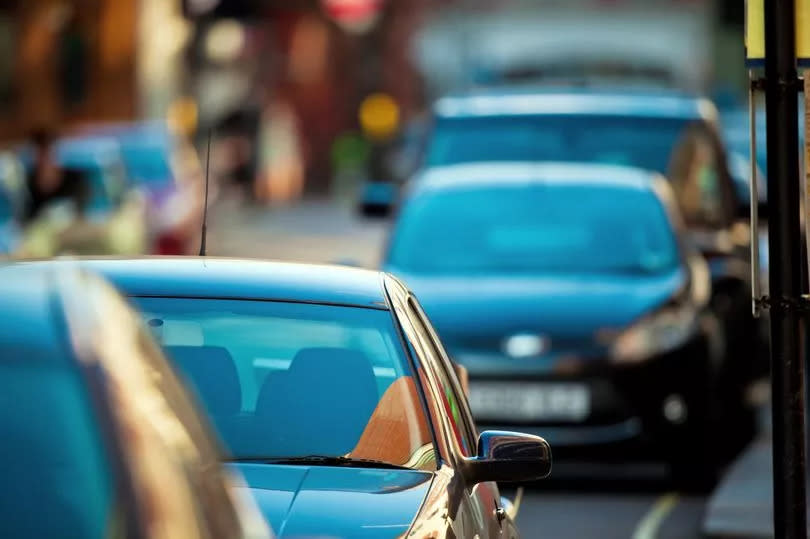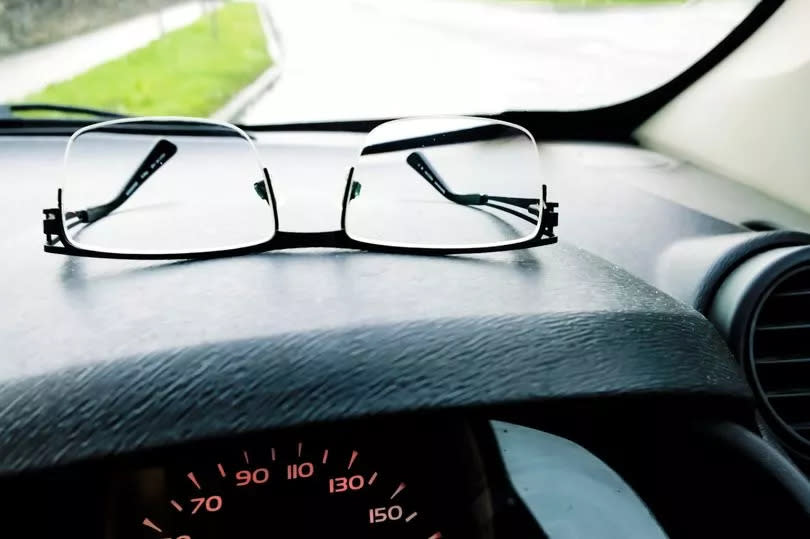Seven changes drivers have to tell DVLA or risk being slapped with hefty fine

Drivers across the UK are being reminded that they must update the DVLA about certain circumstances or risk being punished.
Many motorists will likely be aware that when we move house or change our name, it's crucial to tell the DVLA so that it can issue you with a new licence card.
However, there are other significant details that have to be disclosed to the agency - and if you fail to do so, you could be hit with a hefty fine or even get prosecuted if you get into an accident.
There are seven critical updates that drivers must inform the DVLA of, in order to avoid any severe penalties, Leicestershire Live reports.
Motoring experts at EasyQuote have detailed the consequences drivers might encounter if they neglect to declare certain details as the registered vehicle keeper.
As well as telling the DVLA, not updating your insurance provider with all necessary information could render your policy invalid, resulting in significant consequences.
Disclose driver details
Anyone who is registered as a vehicle's legal owner, if it has been involved in an offence, will be charged with failing to disclose driver details if they don't identify the driver at the time of said offence.
Not doing this could result in six licence points and a fine of up to £1,000.
Changes to eyesight
It's a legal requirement for drivers to tell the DVLA about any eyesight deterioration or visual impairments. According to regulations, drivers must be capable of reading a number plate from 20 metres.
You can wear glasses or lenses if needed, but these also must be worn behind the wheel at all times.

If you do not meet the minimum eyesight requirements, it could result in a fine of up to £1,000 and three penalty points on your licence if you are found driving. You could even have your licence taken away if you're thought to be a danger on the roads.
Disclosure of medical conditions
Not disclosing a medical condition could lead to a fine of up to £1,000 and drivers involved in accidents risk being prosecuted.
The DVLA maintains a comprehensive list of 118 conditions that could impair driving abilities, which some motorists may not be fully aware of. You can check out the full list here.
Name or gender changes
Drivers who do not notify the DVLA of a legal change in name or gender could face a £1,000 fine. Forgetting to do this is a legal violation, even though it's free to do so.
Drivers should return their old licence along with any relevant documents, so that both their driving licence and vehicle registration are updated accurately.
Declaring a vehicle off-road with SORN
All vehicles must be insured and taxed unless the owner applies for a Statutory Off-Road Notice (SORN) when a car is not in use. Anyone who plans to keep it off the road for an extended period must do this, in order to avoid paying tax.
Once this has been done, the vehicle must not be used and should be stored on private property, such as a driveway or garage; keeping it on a public road is illegal. If a SORN vehicle is driven, except for travelling to a pre-arranged MOT or testing appointment, the owner risks prosecution and a fine of up to £2,500.
Vehicle modifications
Drivers must register any significant modifications to their vehicle with the DVLA, providing evidence if necessary. These include changes to the chassis or body shell, alterations to the exhaust system or number plate, or if the vehicle has been wrapped in a different colour.
The DVLA may request an inspection of the vehicle to confirm its roadworthiness following these changes.
Updating address changes
Any address change, whether that is temporary or permanent, must be disclosed to the DVLA. This is to ensure any letters actually reach the vehicle's owner.
Both the vehicle logbook and driving licence need to be current, and address updates can be conveniently made online. Failing to notify the DVLA of an address change can result in a fine of up to £1,000 for the vehicle owner.
Join the Daily Record's WhatsApp community here and get the latest news sent straight to your messages.

 Yahoo News
Yahoo News 
